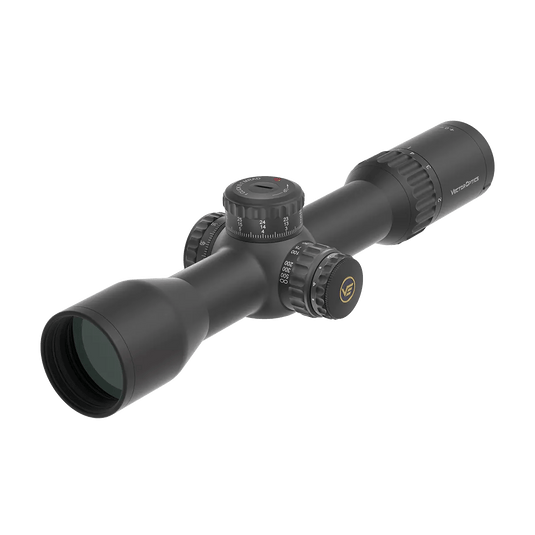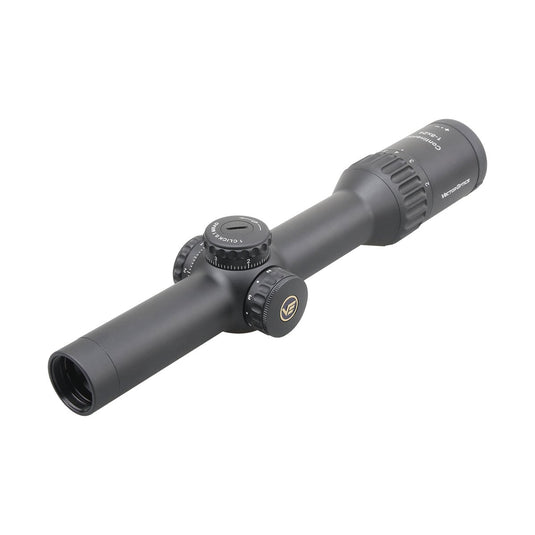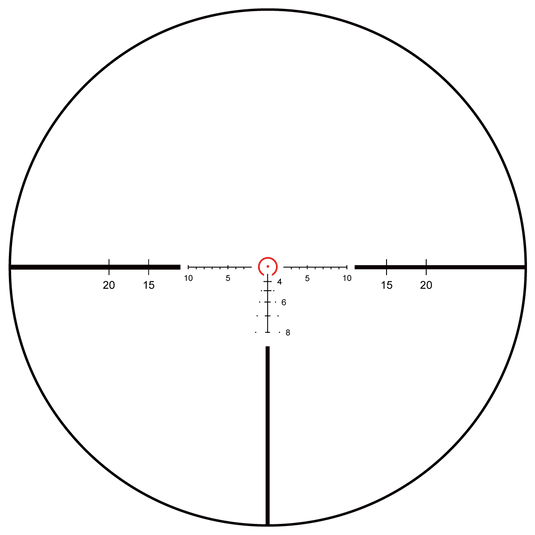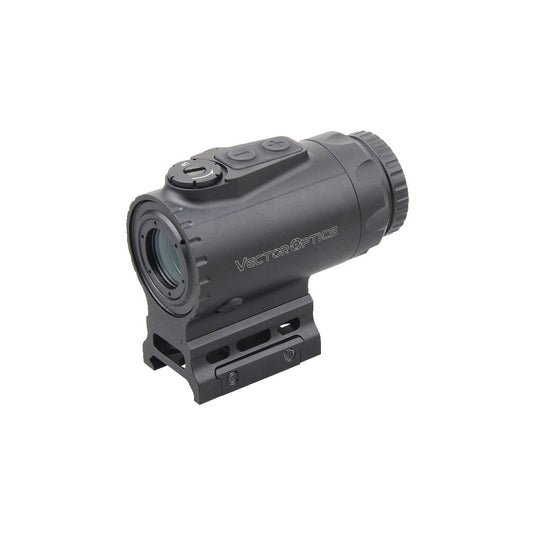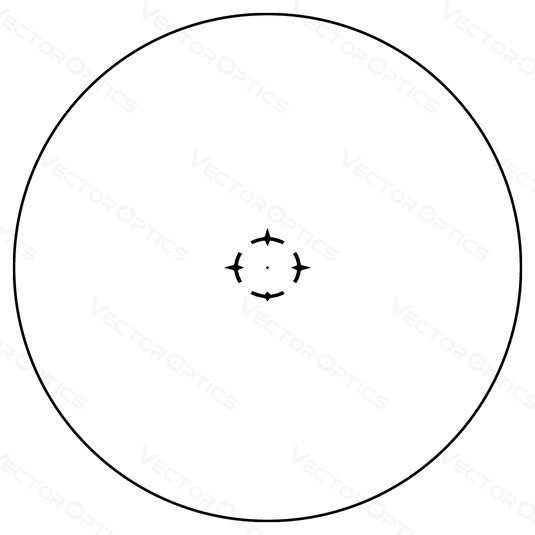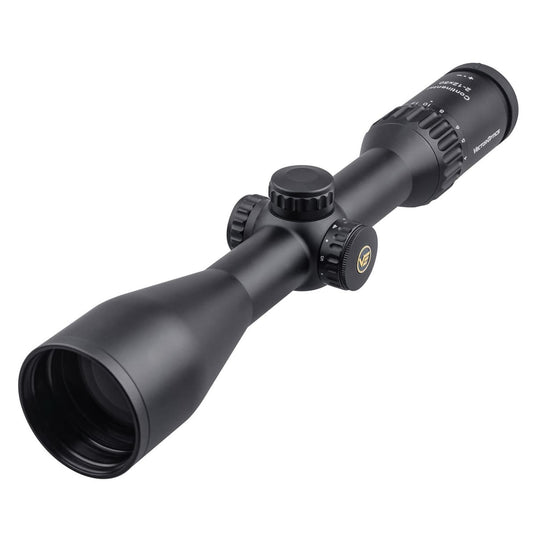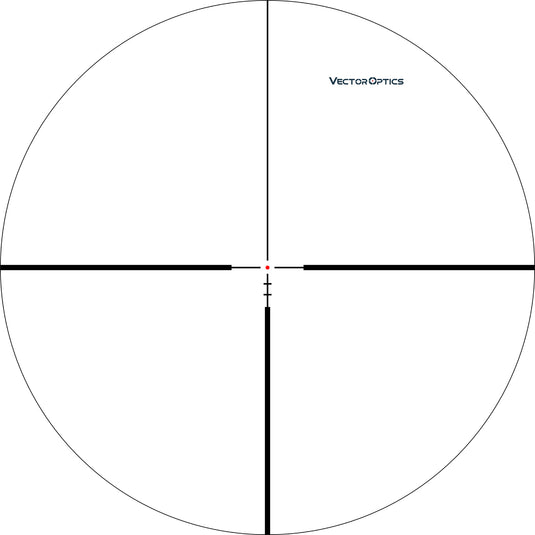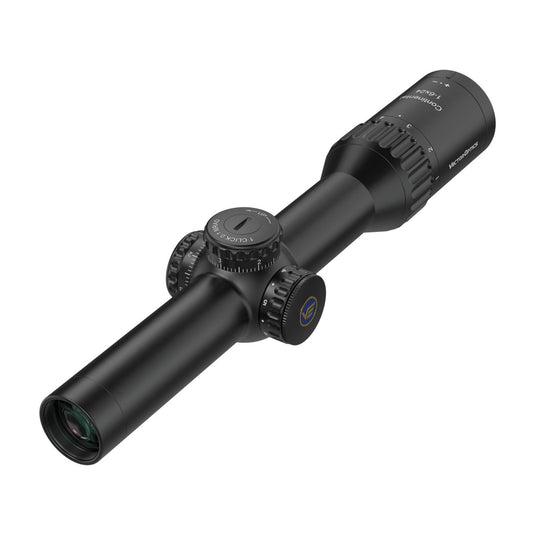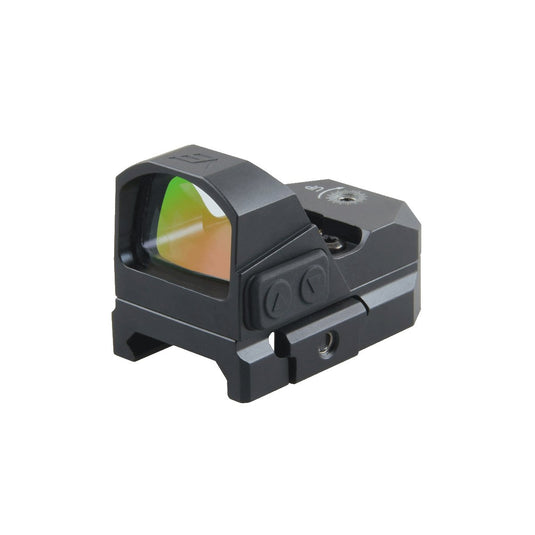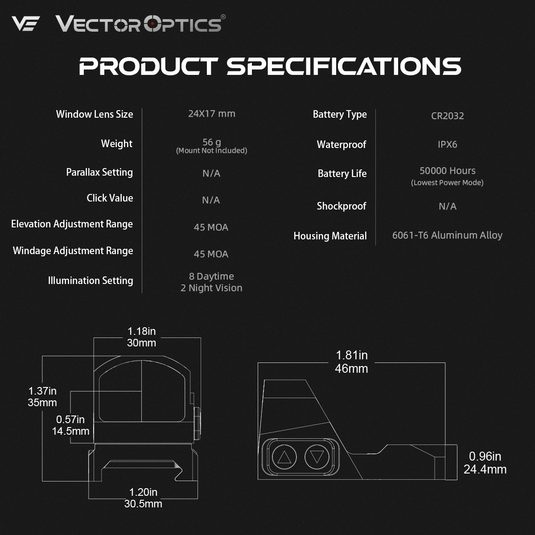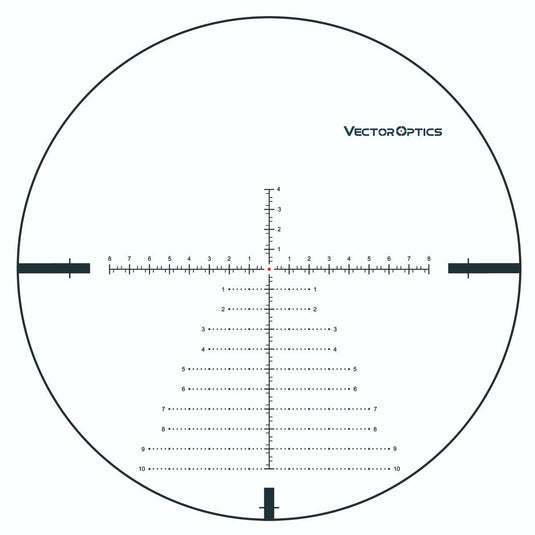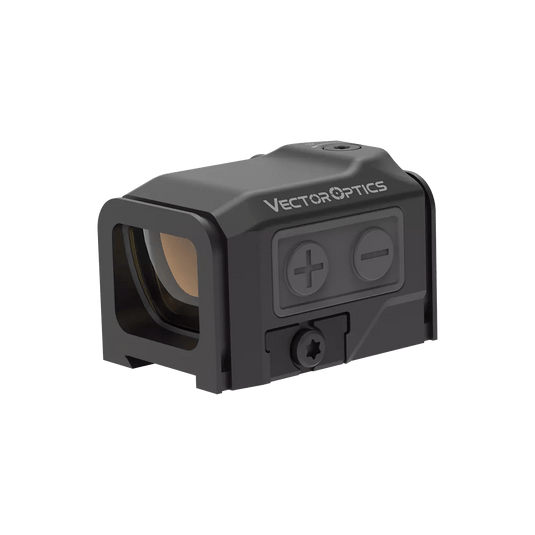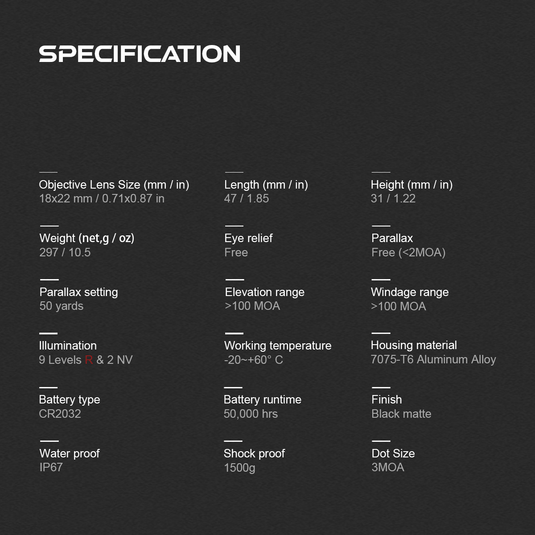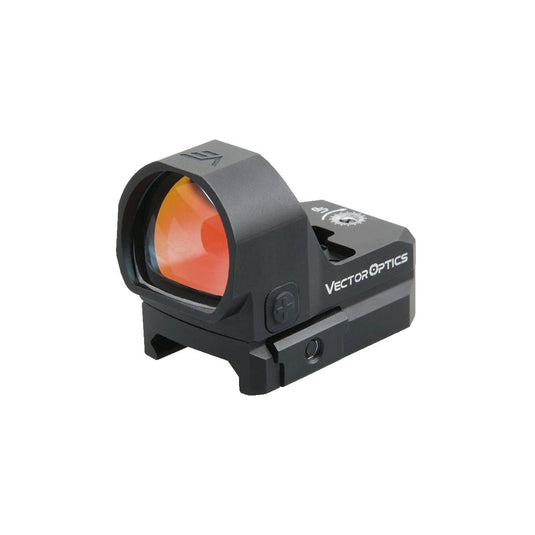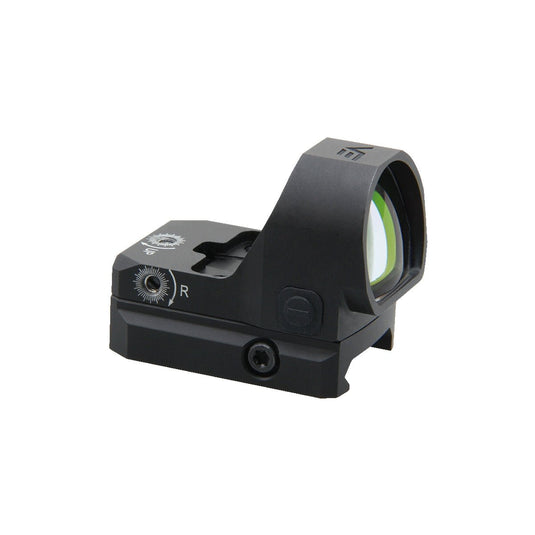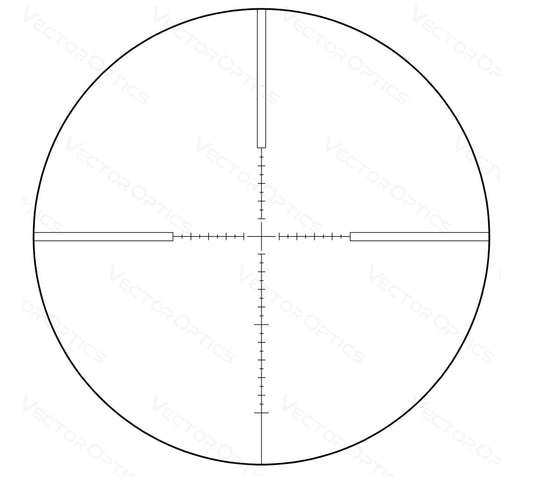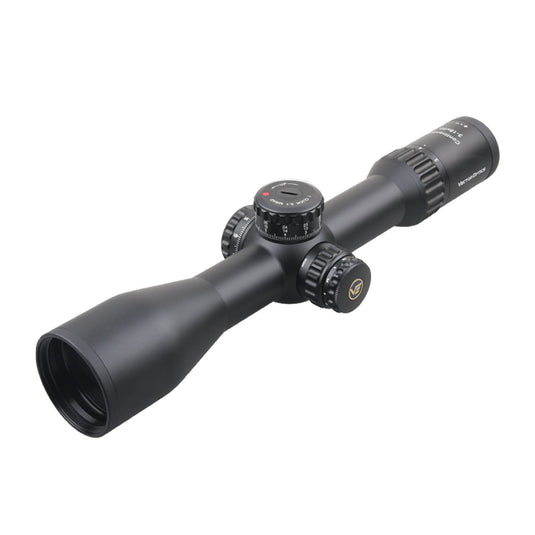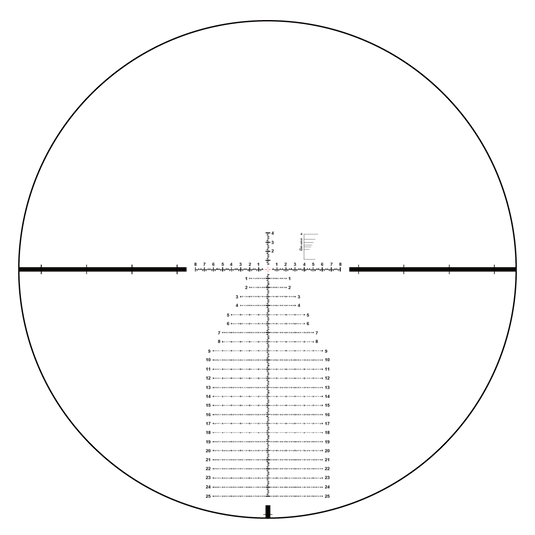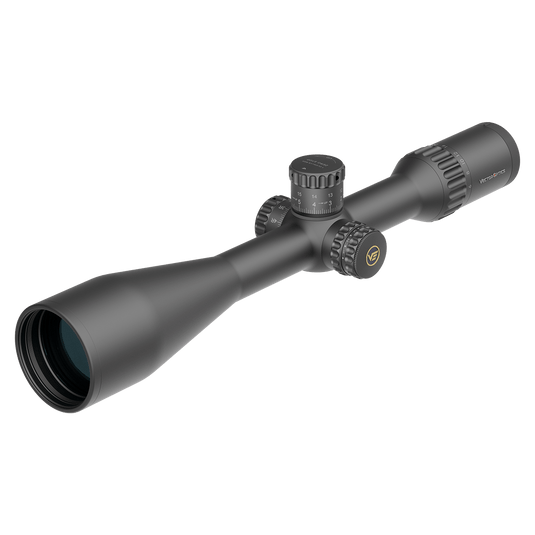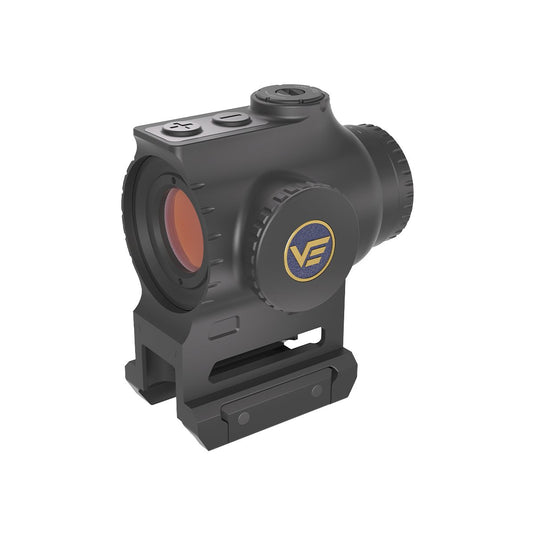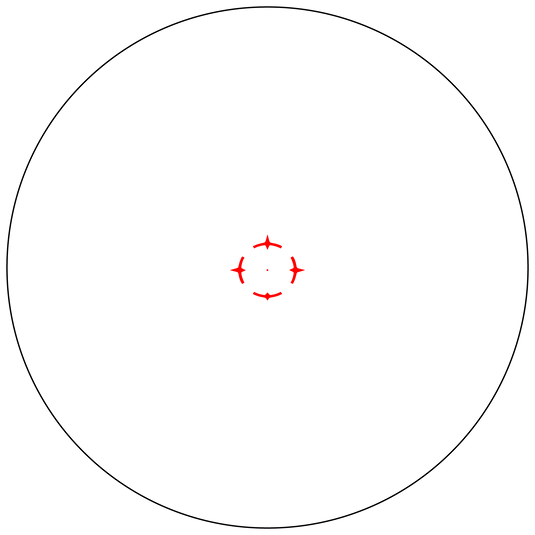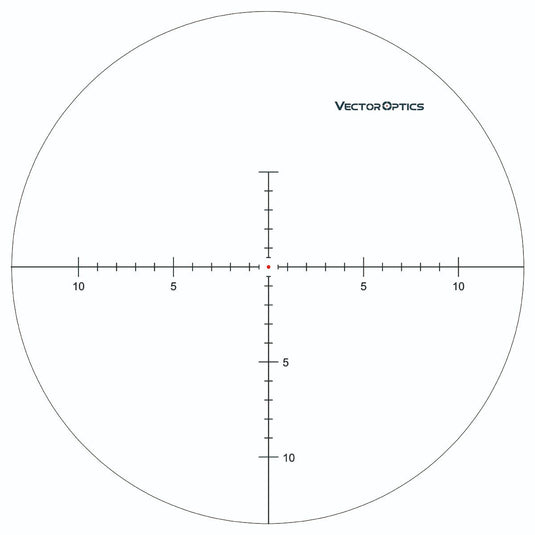Evelyn: Stephen, we once had a discussion on how the light transmission effect image quality. How about the resolution?
Stephen: Yeah, there are many factors that affect image quality, in addition to Light Transmission there are Color Reproduction, Contrast and Resolution, which compose the Optical Square as Picture 1 shown. It can be said that the resolution is the most important parameter index.

Evelyn: So what exactly resolution is? Is it the same as the monitor resolution?
Stephen: Optical resolution describes the ability of an imaging system to resolve the details of the object being imaged.
In Layman's Terms, the higher the resolution of the speculum, the more image detail the speculum can detect (Picture 2).

Evelyn: I got it. How can I know the resolution of a scope?
Stephen: Resolution is a very professional technical index, which needs to be tested with very professional and expensive instruments (Picture 3).

Evelyn: How was the measurement performed?
Stephen: Firstly we need a resolution target like picture 4 shows. It is a 1951 USAF resolution test chart, pattern consists of 9 groups, with each group consisting of 6 elements. Each group, each element is numbered. Typically, this number ranges from -2 to 7.
Evelyn: Wow, kind of complicated!
Stephen: Yeah, and the pattern is always printed on a 2 inch or 3inch square glass slide(Picture 5). A black line and a white line is a line pair (lp). Vertical lines are used to calculate horizontal resolution, and horizontal lines are used to calculate vertical resolution.


Evelyn: Okay, how to use this resolution target?
Stephen: As the lines get closer together, it becomes difficult to see them as line pairs, so you need to find the smallest line pair you can resolve, the last group of elements for which you can still see white gaps.
There is a look-up table corresponding to the resolution target like picture 6.

The exact resolution value can be looked up by the number of the element you just identified.
Evelyn: The resolution test turns out to be so complicated, no wonder we need to use professional instruments to test.
Stephen: Yes, to get professional and accurate data must use optical collimator, but we can also use this method to compare the resolution between different scopes.
Evelyn: I have no idea about it. How to do that?
Stephen: First of all, our resolution test should be performed at the same distance and at the same magnification.
We can print off a standard USAF-1951 resolution test chart as clearly as possible. Then stick it at the proper distance according to the magnification of the scopes you want to test.
Then use the method above to compare which scope can resolve more line pair.
Evelyn: Oh, this method is much easier!
Stephen: Yes, let’s have a try! We choose 2 different scopes to compare, both of them are set at 30x power and keep a distance of 30 meters away from the target. Let's see which one performs better.

From Picture 7, we can easily determine which scope has higher resolution.
Evelyn: It's true! This test is so interesting and easy to do!
Stephen: Although this test does not yield an accurate resolution value, we can compare to find out which scopes have higher resolution.
Evelyn: Yes! Thank you so much!Could you pls tell me the name of HD system scope you used in the test above?I want to try it later.
Stephen: Of cause! I used 34mm Continental 5-30x56 FFP riflescope to test,you may view it on our retail store: https://vector2007.com/collections/continental/products/scff-30-vector-optics-34mm-continental-5-30x56ffp-riflescope
Evelyn: Thanks! I'll check now!


